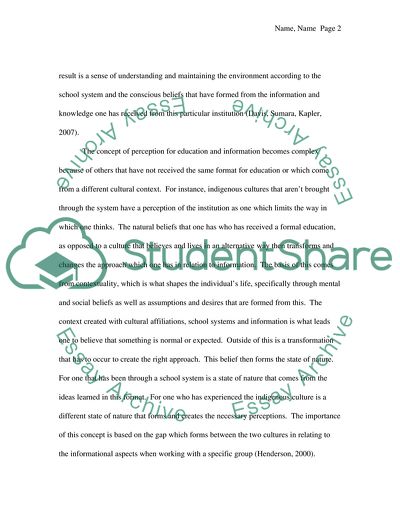Cite this document
(The Main Concept of Recognition of Education Case Study Example | Topics and Well Written Essays - 1750 words, n.d.)
The Main Concept of Recognition of Education Case Study Example | Topics and Well Written Essays - 1750 words. https://studentshare.org/education/1760021-issues-in-learning-and-teaching
The Main Concept of Recognition of Education Case Study Example | Topics and Well Written Essays - 1750 words. https://studentshare.org/education/1760021-issues-in-learning-and-teaching
(The Main Concept of Recognition of Education Case Study Example | Topics and Well Written Essays - 1750 Words)
The Main Concept of Recognition of Education Case Study Example | Topics and Well Written Essays - 1750 Words. https://studentshare.org/education/1760021-issues-in-learning-and-teaching.
The Main Concept of Recognition of Education Case Study Example | Topics and Well Written Essays - 1750 Words. https://studentshare.org/education/1760021-issues-in-learning-and-teaching.
“The Main Concept of Recognition of Education Case Study Example | Topics and Well Written Essays - 1750 Words”. https://studentshare.org/education/1760021-issues-in-learning-and-teaching.


